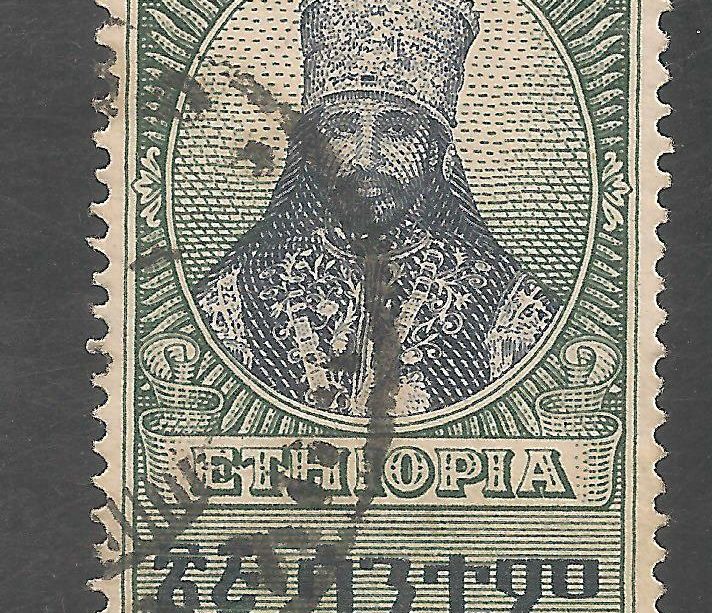Ethiopia: The Heart of Africa’s Cultural and Historical Landscape

Introduction
Ethiopia, located in the Horn of Africa, is a nation steeped in history and cultural diversity. Renowned as one of the oldest nations in the world, Ethiopia’s significance extends beyond its ancient past. From the origin of humankind to its unique religious heritage, Ethiopia plays a crucial role in African history and identity. The nation is currently facing challenges, yet its stories of resilience and cultural richness continue to mesmerise the world.
Current Events and Cultural Heritage
Recently, Ethiopia has garnered attention due to its ongoing efforts in economic recovery post-COVID-19, and its response to political unrest in some regions. The recent peace agreement signed in November 2022 aimed to end a two-year civil conflict in the Tigray region has brought a renewed sense of hope. This stability is essential for the country’s progress in addressing food insecurity and poverty—issues that have persisted due to prolonged conflict and the impact of climate change, particularly the recurrent drought cycles.
Culturally, Ethiopia stands out with its rich heritage. It is the birthplace of coffee and home to ancient structures such as the rock-hewn churches of Lalibela, a UNESCO World Heritage site. Ethiopia’s diverse ethnic groups contribute to a vibrant cultural tapestry, with over 80 distinct languages spoken. The annual Timkat festival, which celebrates Epiphany, showcases traditional music, dance, and rituals that draw visitors from around the globe, reinforcing Ethiopia’s place as not only a historical centre but also a cultural hub.
Significance and Future Prospects
The importance of Ethiopia lies not just in its past, but also in its potential for the future. The nation is rapidly evolving, striving for development, and tackling challenges head-on. With a young and dynamic population driven by technology and innovation, prospects for economic growth are promising. Initiatives aimed at renewable energy, particularly with the Grand Ethiopian Renaissance Dam, signify a commitment to sustainable development.
In conclusion, Ethiopia remains a land of contradictions and possibilities. As it navigates through its challenges, the nation has the opportunity to reshape its future while staying rooted in its rich heritage. For readers, understanding Ethiopia’s complex narrative is crucial as it continues to develop its identity and influence within Africa and the global community.








